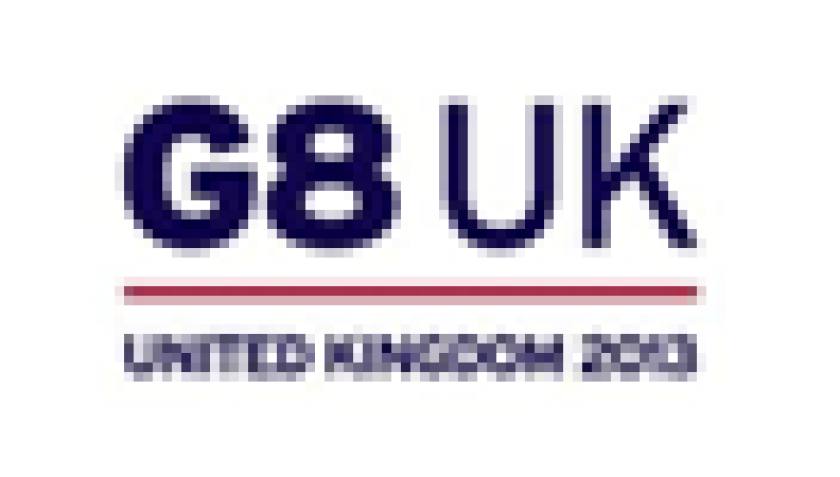The National Foreign Trade Council (NFTC) has written to President Obama urging him to support tax policies that would improve the competitiveness of US businesses at the upcoming G8 meeting in Lough Erne on June 17 and 18. The letter was also signed by the Business Roundtable, the National Association of Manufacturers and the US Chamber of Commerce, among others.
The signatories fear US companies are falling behind in the global competitiveness rankings because other countries are acting to enhance the ability of their locally-headquartered companies to serve foreign markets while other initiatives are also being launched which “appear to be primarily targeting American companies with global operations in the guise of combating tax avoidance”.
The letter claims such action is damaging to both the competitive position of US companies and to the US Treasury.
With these discussions on combating tax avoidance expanding to include larger emerging economies, too, those concerns have risen.
“It is vital to the health of the US economy that American businesses remain free of international double taxation and similar barriers to cross-border trade and investment and are not subjected to new tax rules and policies that would create new disadvantages,” said the letter. “Therefore, it is imperative that current international tax policy discussions focus on promoting international tax rules that are stable, predictable, non-discriminatory, and administrable.”
On international tax policy discussions, the lobbyists believe any new rules “should not include onerous public disclosure requirements, but should instead focus on possible improvements to transparency with tax authorities where appropriate”.
But while reform of international tax rules is being forwarded, in a domestic context the US is still no closer to reforming its own tax code, despite a KPMG pulse survey (issued in connection with the Big 4 firm’s 2013 US Tax Summit) showing that the attention of US tax directors is still being held by potential changes to the tax legislation.
“The outlook for US federal business tax reform and the heightened regulatory environment in transfer pricing are the top global business tax concerns keeping US tax professionals up at night, according to the results,” said KPMG.
The issue of getting one’s own house in order before preaching to others at meetings such as the G8 is a topical one, with UK Prime Minister, David Cameron, summoning representatives from the British crown dependencies and overseas territories to see him this week. He hopes to sign them up to information exchange agreements ahead of trying to tackle global tax evasion at the G8 summit.
However, US tax reform is not something that can be achieved overnight, as Remy Farag, senior international tax analyst at Thomson Reuters, explains.
“If we listen to the rhetoric on Capitol Hill, we would believe tax reform is right around the corner. But legislators’ best intentions aside, the likelihood of tax reform by the end of this year is slim,” said Farag. “I think we are at least one congressional election season away from meaningful tax reform.”
However, of the 250 senior US tax professionals polled by KPMG, 24% said the potential for US federal business tax reform was their greatest global tax concern.
“It’s clear from our survey that tax department leaders are devoting increasing attention to how changes in US tax legislation will affect their global operational decisions,” said Jeffrey LeSage, vice chairman of KPMG’s US tax practice. “We believe this and other key tax issues will present US companies with challenges and opportunities as the global business landscape continues to evolve.”
Despite this, Farag says that for most US-based multinationals the lingering uncertainty is not that damaging, though it is causing companies to engage in behaviour they would otherwise have avoided.
“At best the current rules often serve as a nuisance. At the Senate [Permanent Subcommittee on Investigations] hearing [on offshore profit shifting], [Apple CEO, Tim] Cook acknowledged that Apple’s effective tax rate was in line with its biggest competitor: Samsung of South Korea,” said Farag.
“The biggest difference, of course, was that Samsung could readily access all its offshore income, while Apple would have to incur a 35% penalty on repatriating its offshore income. To get round this, Apple chose to borrow funds at low rates to pay out dividends to their shareholders. Clearly this is a hassle, and there is a real need for reform.”










